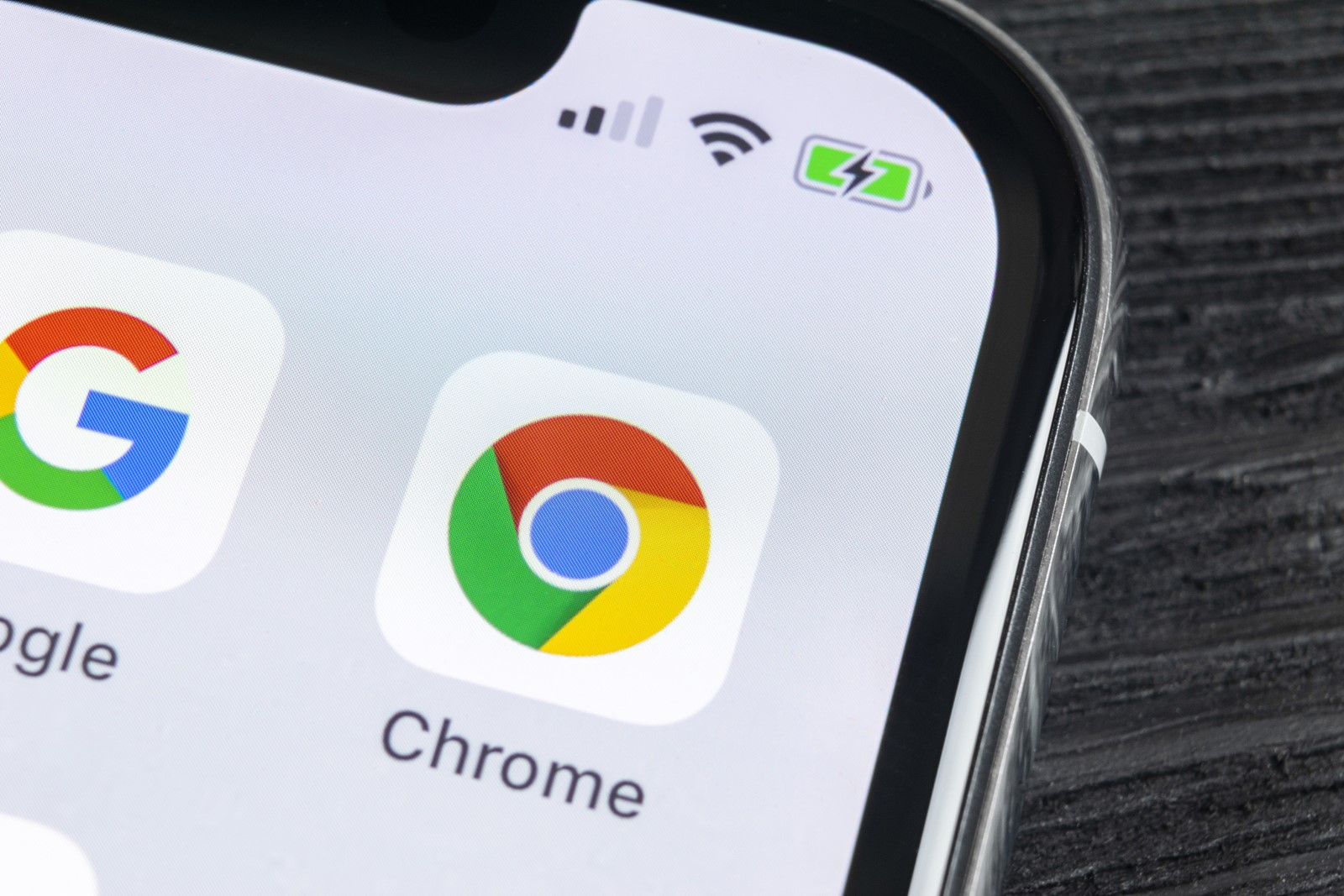
The U.S. government hasn’t broken up a company since AT&T in 1982. Now it’s trying to persuade a judge to make Alphabet’s Google next.
On Monday, Google began squaring off against the Justice Department and dozens of state attorneys general in a Washington courtroom over what changes U.S. District Judge Amit Mehta will order to prevent the company from monopolizing the online search market.
The government wants Google to sell its Chrome browser, license search data to competitors and stop paying for exclusive positions on other services and devices, among other proposed changes. Google says the government’s proposal would hurt consumers by breaking a range of products that people use every day and dent U.S. technological leadership.
During opening arguments Monday, Google’s lawyer John Schmidtlein called the Justice Department’s proposals “extreme remedies” that would “reward competitors with advantages they never would have earned in the market.”
The U.S. would force Google to share the data underpinning its search results, Schmidtlein said, which risks harming user privacy and unfairly penalizes Google. He suggested the judge focus on the preferential contracts with device makers that were at issue in the case to “pry open the market.”
But Mehta interrupted Schmidtlein with a telling question — asking whether the increased amount of data Google collected was because of its monopoly.
“There is some relationship between data and search quality,” he said. “How then does the market look any different unless there’s a remedy that addresses the gap in data?”
Schmidtlein said the Justice Department hasn’t shown how much data Google garnered from its illegal monopoly versus what it gained from being the best search engine.
“Google won its place in the market fair and square,” he said.
The final decision will be up to Mehta, who found last August that Google has an illegal monopoly in internet search. Mehta will hear testimony from both sides during a three-week trial focused on how to remedy the harm caused by Google’s dominance. He has said his decision will likely come by August.
In his ruling last year, Mehta said that Google illegally dominates the search market via more than $26 billion in payments to Apple Inc. and other companies to make its search engine the default option on smartphones and web browsers, effectively blocking any other competitor from succeeding in that market.
“Google is a monopolist,” Assistant Attorney General for Antitrust Gail Slater said in remarks before the hearing started Monday, “We are not here to relitigate this case. We are here to ask the court to fix the harm from Google’s unlawful conduct.”
Justice Department attorney David Dahlquist in his opening statements said the remedy should address not just search but generative artificial intelligence. Google’s monopoly power in search is already helping the company improve its AI products, he said. The company is also already paying “enormous” sums of money to Samsung Electronics Co. to preload its Gemini app as the default AI on devices, he said.
Generative AI “is a method to access search. Period,” Dahlquist said. “A wolf by any other name is still a wolf.”
Jonathan Sallet, a lawyer on behalf of the states, urged Mehta to include the conditional divestiture of Google’s smartphone operating system, Android and its Play Store. Under the proposal, Google would be required to sell off Android in five years if the other remedies aren’t successful.


 PREVIOUS ARTICLE
PREVIOUS ARTICLE
